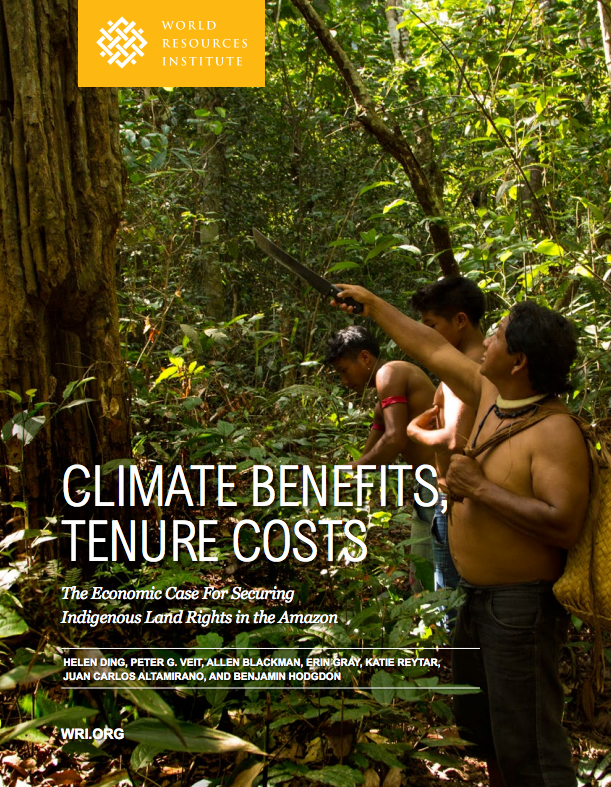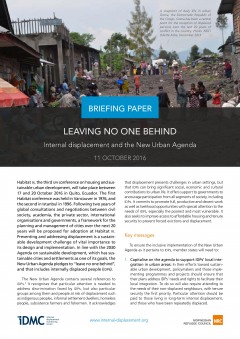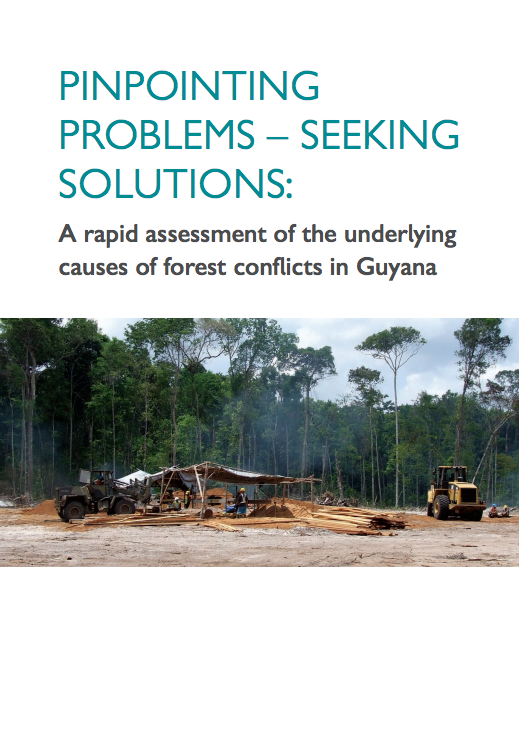Climate Benefits, Tenure Costs
A new report offers evidence that the modest investments needed to secure land rights for indigenous communities will generate billions in returns—economically, socially and environmentally—for local communities and the world’s changing climate. The report, Climate Benefits, Tenure Costs: The Economic Case for Securing Indigenous Land Rights, quantifies for the first time the economic value of securing land rights for the communities who live in and protect forests, with a focus on Colombia, Brazil, and Bolivia.








